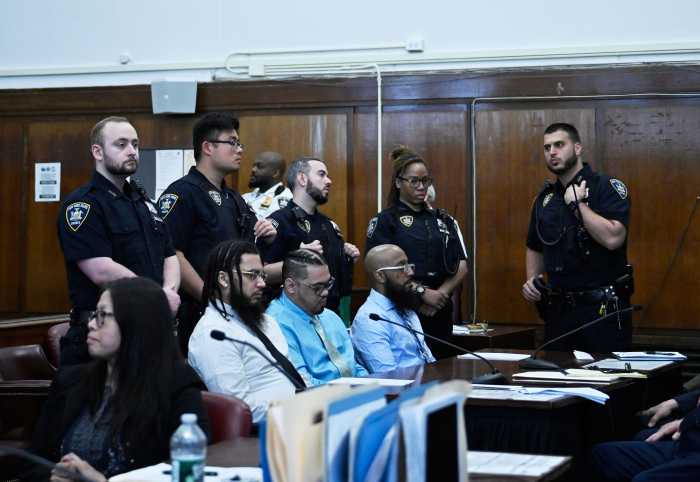An undercover police officer in upstate Ithaca cannot be held personally liable for making an unconstitutional arrest, US Court of Appeals for the 2nd Circuit found on June 22, because the New York Legislature has not repealed the statute criminalizing loitering for the purpose of soliciting oral or anal sex, despite its constitutional deficiencies.
According to Judge Robert D. Sack’s opinion, Joseph Amore encountered Officer Andrew Novarro, who was working undercover “watching for drug activity,” in Ithaca’s Stewart Park in October 2001, and “offered to perform a sexual act on him.” Novarro told Amore that the police were “cracking down” on this kind of conduct and, in making his arrest, consulted the statute book that includes the unconstitutional loitering law. When Amore moved to have the charge dismissed, the prosecutor agreed with him, and the judge observed it was “puzzling” that a statute that had been declared unconstitutional nearly 20 years ago continued to be published in the official New York statutes.
Seeking compensation for his arrest, Amore filed suit in federal court, charging Novarro with false arrest, malicious prosecution, abuse of process, and violation of equal protection of the laws. He also made claims against the city of Ithaca for its failure to train its police personnel. The appeals court reversed District Judge Frederick J. Scullin, Jr.’s refusal to grant Novarro immunity, finding, “It was unreasonable to expect this police officer to know that a statute that was, and is, still on the books and being enforced had been held to be unconstitutional.” Amore, however, can still pursue his claims against the city of Ithaca.
































